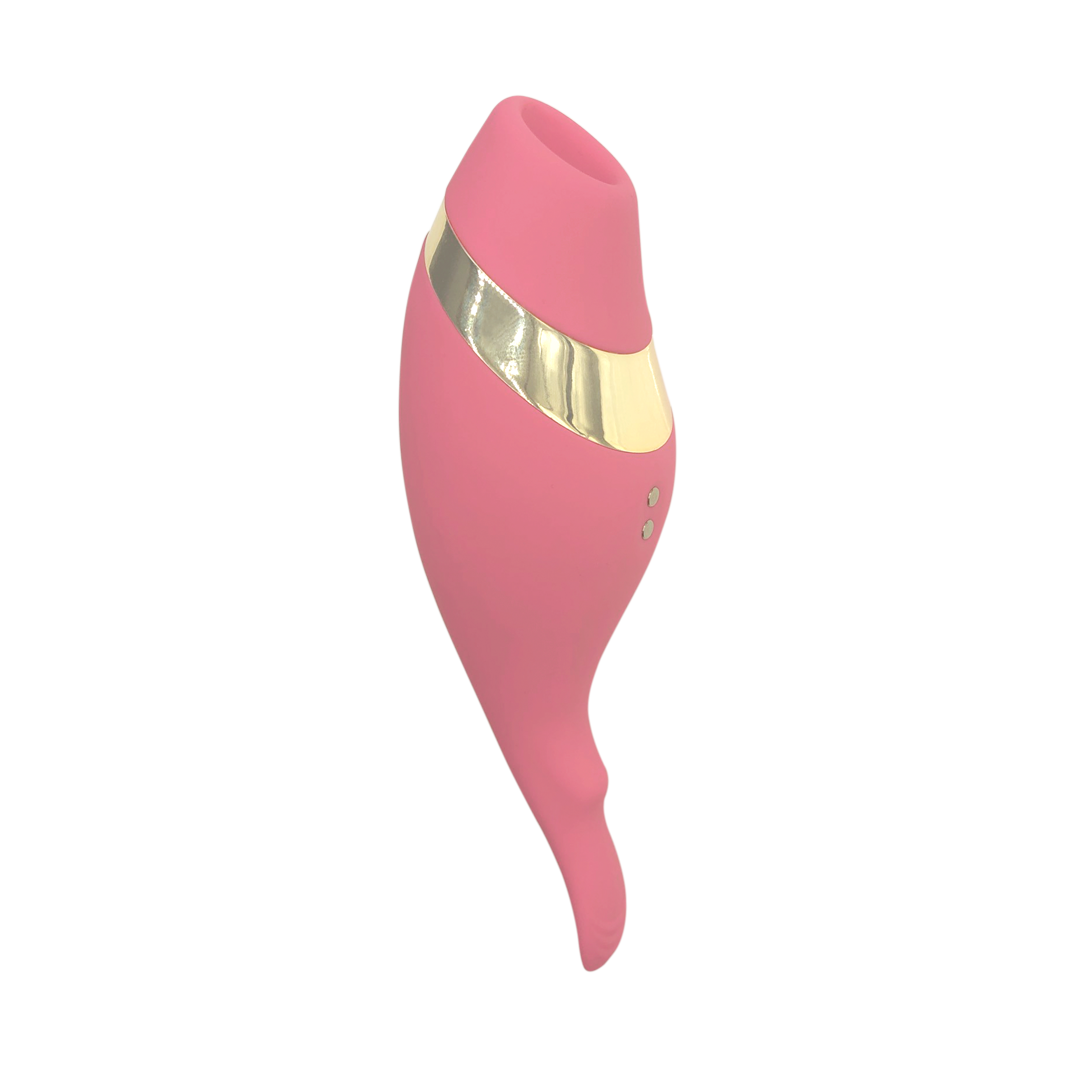Low Sex Drive and Other Common Questions
by Dalia KinseyShare
As a Registered Dietitian with over a decade of experience working with women in public health, I’ve heard countless versions of the question, “Am I normal?”
The truth is that human bodies are individually unique and what is considered “normal” in terms of the body is expansive. What we generally see reflected in media and porn however is much more narrow. After years of exposure to such uniform representations of the body and sexuality, it’s normal to question if our individual body measures up. Many of the questions our Consultants get are often connected to normalcy concerns. Before I answer a few about sex drive and lubrication, I want to reinforce that what is typical for other people isn’t nearly as important as what feels right or “normal” to you based on your own needs and preferences.
Let’s explore some of the common questions you may have.
FAQ: Why do I have no sex drive?
There can be a number of reasons why someone might find themselves with a low sex drive. As you try to get to the root of the issue, ask yourself if this is a new development. Is your low sex drive specific to your current partner or choice of partners? Are you ignoring or shying away from forms of sexual expression that interest you?
If the type of sex or partners seem to have no bearing on the issue, remember that physical and psychological concerns can take a toll on sex drive. Psychological factors, such as stress, anxiety, and depression, can all contribute to a lack of interest in sexual activity. Sometimes physical issues, such as hormonal imbalances or certain medications, can also affect libido. Talking to a trusted healthcare provider about troubling changes in your sex drive can be an important step in restoring healthy libido levels. Your doctor or therapist can provide advice and guidance on potential causes of the issue and offer insights into treatment options.
FAQ: What can help with libido?
Taking steps to reduce stress and improve mental health through lifestyle changes, such as exercise and getting enough sleep, can help boost libido. If these lifestyle changes don’t create a shift, consider talking to a doctor or therapist about any underlying health issues. Have an open and honest conversation, as they can be invaluable resources when it comes to understanding any physical or emotional aspects involved with low libido.
FAQ: Why am I so wet?
The amount of lubrication a person produces during sexual stimulation and arousal can vary significantly from person to person. Factors, such as age, hormones, physical health, general hydration levels, and emotional state, can all play a role in how much a person lubricates naturally.
It’s important to remember that there is a very wide range for what’s “normal” when it comes to how the body functions. For some people, even with adequate arousal their bodies may not produce enough natural lubrication for comfortable sex. If this is the case, using a lubricant can improve the sexual experience. On the other hand, some people’s bodies may produce a generous amount of lubrication during arousal and sex.




 Jingle All the Way with These Sex Positions
Jingle All the Way with These Sex Positions
 2024 Sagittarius Season Love & Sexscope
2024 Sagittarius Season Love & Sexscope
 Counting Down The 12 Days of Play
Counting Down The 12 Days of Play